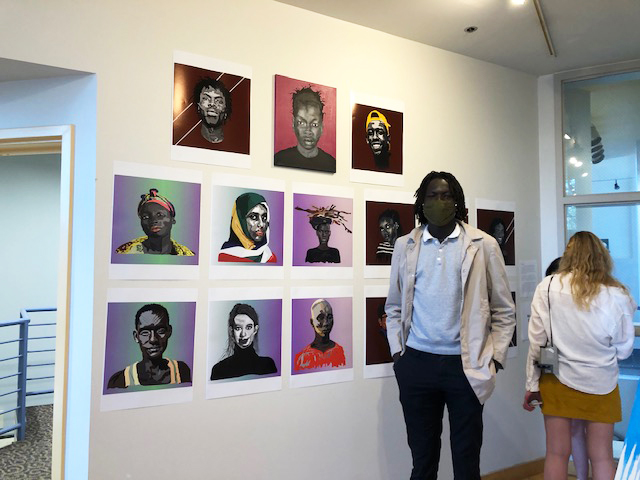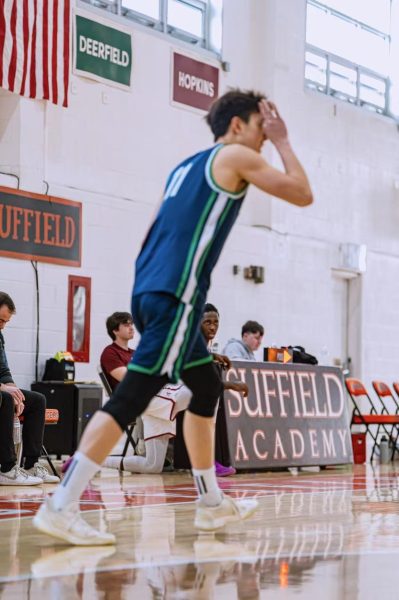Students Tackle Neuroscience, Zionism, Other Complex Topics in Williston Scholars
Several hardworking Williston students are using this trimester to dive deep into a variety of topics, ranging from the connection between neurological development and poverty in children, to Israel’s complicated history. They are using Williston Scholars as their platform.
Williston Scholars is a trimester-long course in which students study a certain subject and then build a project out of the research they gather and the resources, and professionals, with whom they consult. There are Williston Scholars classes in every department. At the end of the trimester, all the projects are presented to the public.
In Williston Scholars Science, senior Everly Carroll is currently researching about the brain development of children living in poverty and the effects this can have on a child’s life.
“I remember learning about this field freshmen year, and I wanted to revisit this topic because I know more about neuroscience and psychology now as a senior,” Everly said, regarding her reason for taking on the task.
“I have learned a lot more about neurulation process by reading eight different journal articles and two research books,” she said.
Everly’s project will, ideally, help others get a better understanding about this problem and open up the field to further and unbiased research.
“There is a lot of stigma around poverty in the classroom,” Everly believes, which leads to misunderstanding and insufficient studies on how poverty impacts child brain development.
Another scholar is taking the opportunity to learn more about a complicated topic both on the other side of the world, and, in a way, close to home.
Grace Bean is in Williston Scholars History working on a project, she explained, “on the history of Zionism and past conflicts between Israel and the surrounding countries and why the land itself is so important.”
Zionism is the movement for the protection of a Jewish nation in Israel. Grace, a senior from Cambridge, Mass., dove into this topic from a personal as well as an academic perspective.
“I lived in Israel for a month last year and towards the end of December, on Christmas, rockets and bombs were sent from the Gaza Strip … into Ashkelon where we were living for the month.”
“The Iron Dome (Israel’s defense forces) shot the rockets out of the sky before they could do any damage,” Grace continued. “We visited the city that borders the Gaza Strip and saw a playground that was built inside of a dome to prevent bombs from hitting it. The playground had another bomb shelter beneath it, and the children were prepared to take cover at any moment, as a part of their Pre-Kindergarten educational experience.”
“After I left Israel, where my friends were staying, the building next to it was bombed,” she added. Grace said she “wanted to learn more about where the conflict comes from and the history of Israel and how past and present leaders of Israel view Zionism. I did a lot of interpretive research on King David, the first ruler of Israel and I compared his views to those of Theodore Herzl and David Ben Gurion.”
Herzl is considered the father of modern Zionism; Ben Gurion was the primary founder of the State of Israel and its first Prime Minster.
Grace said at the halfway point in the trimester that she is still looking forward to learning more “about why there is still a lot of aggression between Israel and other countries,” and what possible resolutions there may be.











